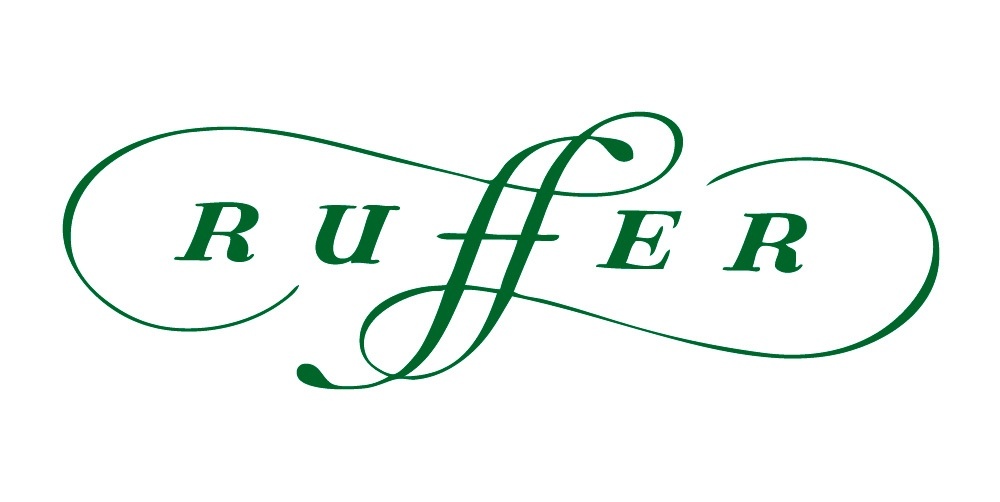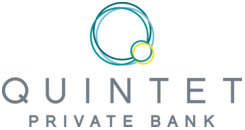This month:
Expert investment views:
One wealth manager warns more dominoes are likely to fall as the full impact of interest rate rises begins to truly be felt
A case is made for ‘discretion being the better part of valour’ when it comes to investors’ equities exposures
Asia-Pacific equities are however highlighted as looking attractively valued, particularly those from Japan
Featuring this month’s experts:



1. More dominoes will fall
US rate hikes have only been going on for a year and are still happening. It will take a while yet for the economy to feel the full effect of these hikes. The current hiking cycle has already pushed over a few dominoes. US inflation has started to tick down, some poorly risk-managed banks couldn’t keep up with outflows, and Credit Suisse – a non-profitable and reputationally damaged bank – was pushed over the edge by a combination of factors.
More dominoes will fall. The interest rate rises are still having their impact and more needs to happen for them to have their full desired effect on the economy – returning inflation to target levels. The domino that tends to precede inflation is unemployment. When unemployment rises, it’s harder for workers to negotiate higher wages, and the upwards pressure on prices subsides. US unemployment hasn’t really budged yet. It’s hovering around 3.5%, which is a historically low level.
An investor with a short memory might be moving overweight equity because markets have rallied year to date, all the while forgetting that dramatic interest rate rises have happened and will take more time to feed through to the economy
At this point in the cycle, being fickle and forgetting the past are especially dangerous. An investor with a short memory might be moving overweight equity because markets have rallied year to date, all the while forgetting that dramatic interest rate rises have happened and will take more time to feed through to the economy. That is why we remain underweight equity risk. We believe that markets got overexcited about not very much at the start of the year. A couple of cracks have appeared, but the global economy has not felt the full impact of rate rises – this is yet to come. In this kind of environment, equity markets are unlikely to perform well. For us to change our core view, many more adjustments need to take place.

Salim Jaffar
Investment Analyst at 7IM
2. Is discretion the better part of valour?
It’s been a tough year so far for cautious investors. Equities seem hellbent on restoring last year’s losses despite stubbornly elevated inflation, the highest interest rates this century and a growing threat of recession.
For the moment, discretion is looking very much the worse part of valour. So, can stock market valuations offer some guidance to equities’ future direction?
Consider the earnings yield on US equities compared with the risk-free return on cash. With a PE ratio of around 18x on the S&P 500, the earnings yield is currently 5.5%. This represents the profits potentially due to shareholders if companies paid out all their profits without making any investments or paying down debts. The equity earnings yield has only been lower in 1999-2000 and 2020-2021.
Cash has only been such an attractive alternative to equities twice before during this century, in 2000 and 2007. Neither period ended well for equities
And equities are offering a strikingly low yield premium over the official interest rate of 5.25%. Investors can get this rate, risk-free, directly from the Federal Reserve by buying US money market funds (MMFs). Not surprisingly, money is flooding from bank deposits into these accounts.
Soon, equity investors could also be tempted to turn to MMFs. Cash has only been such an attractive alternative to equities twice before during this century, in 2000 and 2007. Neither period ended well for equities.
What’s more, the market collapses in both 2000 and 2008 were met with dramatic interest rate cuts to support stock markets and the real economy. Today, given high inflation, no such rescue looks likely unless there is a full-blown recession.
So, whilst taking a cautious view so far this year has been painful, we think discretion will ultimately prove to be the better part of valour for investors.

Steve Russell
Investment Director at Ruffer LLP

Top Tip
As this month’s experts emphasise, sometimes the most sound investment strategy is to hold back, and sometimes to do so when others are piling in. This is actually one of the most valuable ways a wealth manager can serve investors, by helping them to make decisions which are rationale and to avoid being caught on the tides of non-expert opinion.
If you would like to carry out a health check on your portfolio with a professional, why not let us arrange some no-obligation discussions with the leading advisers on our panel?

Lee Goggin
Co-Founder
3. Looking East for value in equities
As inflation peaks, rate hiking pauses and growth moderates, high-quality bond markets look attractive as history has shown they tend to outperform equities in such conditions. At a time when 6-month Treasury bills are yielding more than the S&P 500, we believe the near-term risk-reward for equities appears unfavorable relative to high-quality bonds.
Within fixed income, we expect European and UK investment-grade bonds to come under pressure as the ECB and BoE continue to raise interest rates, at least in the near term. US Treasuries and investment-grade bonds, on the other hand, appear comparatively attractive as the Fed is likely to stop hiking. We remain cautious on US high-yield bonds, however, given expectations that spreads will widen as a result of stricter lending criteria, higher default rates and weakening economic conditions.
On equities, the late-cycle volatility we expect limits the potential upside in equity performance, and we therefore do not believe it is time to re-risk portfolios yet. More defensive, low-volatility equities are comparatively attractive given their potential to mitigate downside risk while partially capturing the upside.
Shares that blend the eurozone with defensive markets such as the UK and Switzerland – and simultaneously give a higher weight to defensive sectors like healthcare and consumer staples – could outperform the market if we see a spike in volatility or a downturn
That principle applies to eurozone equities, which we believe are currently fairly valued. Shares that blend the eurozone with defensive markets such as the UK and Switzerland – and simultaneously give a higher weight to defensive sectors like healthcare and consumer staples – could outperform the market if we see a spike in volatility or a downturn.
Equity markets in the Far East are attractively valued relative to the more expensive US market. In Asia, inflation is subdued and China’s reopening is ongoing. Asia-Pacific equities appear attractively valued – providing exposure to the region’s powerful post-Covid reopening trends. Japanese equities, in particular, are appealing from a valuation perspective, supported by resilient corporate profitability, improving economic growth, loose monetary policy and, following structural reforms, higher standards of corporate governance.

Daniele Antonucci
Chief Economist & Macro Strategist at Quintet Private Bank
Disclaimer
This document has been composed by Quintet Private Bank (Europe) S.A., a public limited liability company (société anonyme) incorporated under the laws of the Grand Duchy of Luxembourg, registered with the Luxembourg trade and company register under number B 6.395 and having its registered office at 43, Boulevard Royal, L-2955 Luxembourg (“Quintet”). Quintet is supervised by the CSSF (Commission de Surveillance du Secteur Financier) and the ECB (European Central Bank).
This document is for information purposes only, does not constitute individual (investment or tax) advise and investment decisions must not be based merely on this document. Whenever this document mentions a product, service or advice, it should be considered only as an indication or summary and cannot be seen as complete or fully accurate. All (investment or tax) decisions based on this information are for your own expense and for your own risk. You should (have) assess(ed) whether the product or service is suitable for your situation. Quintet and its employees cannot be held liable for any loss or damage arising out of the use of (any part of) this document.
Investing involves risks and the value of investments may go up or down. Past performance is no indication of future performance. Any projections and forecasts are based on a certain number of suppositions and assumptions concerning the current and future market conditions and there is no guarantee that the expected result will ultimately be achieved. Currency fluctuations may influence your returns.
The information included is subject to change and Quintet has no obligation after the date of publication of the text to update or inform the information accordingly.
This is a non-independent research and it has not been prepared in accordance with legal requirements designed to promote the independence of investment research, and that it is not subject to any prohibition on dealing ahead of the dissemination of investment research.
Important information
The investment strategy and financial planning explanations of this piece are for informational purposes only, may represent only one view, and are not intended in any way as financial or investment advice. Any comment on specific securities should not be interpreted as investment research or advice, solicitation or recommendations to buy or sell a particular security.
We always advise consultation with a professional before making any investment and financial planning decisions.
Always remember that investing involves risk and the value of investments may fall as well as rise. Past performance should not be seen as a guarantee of future returns.



